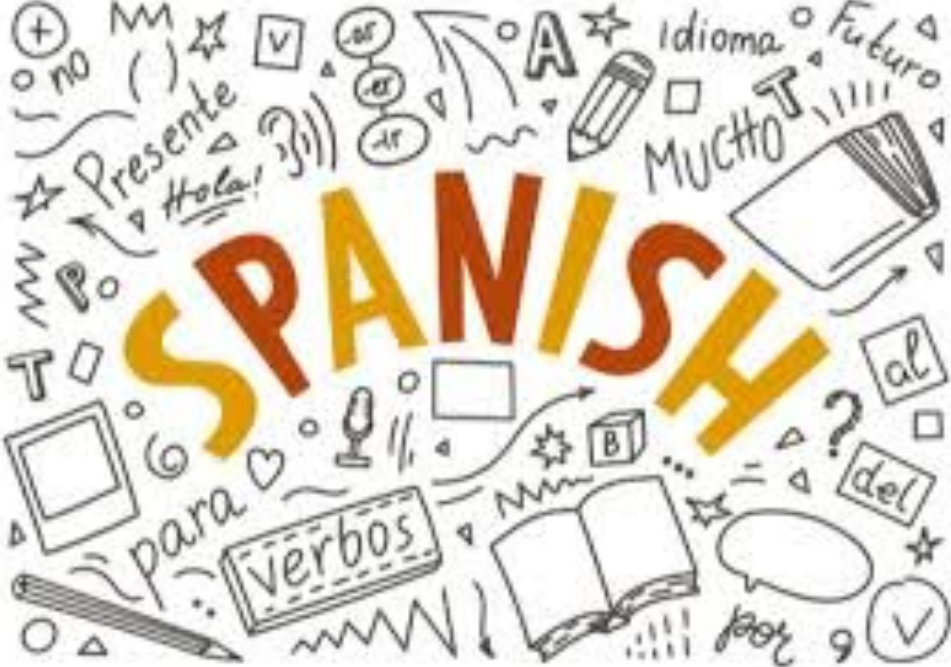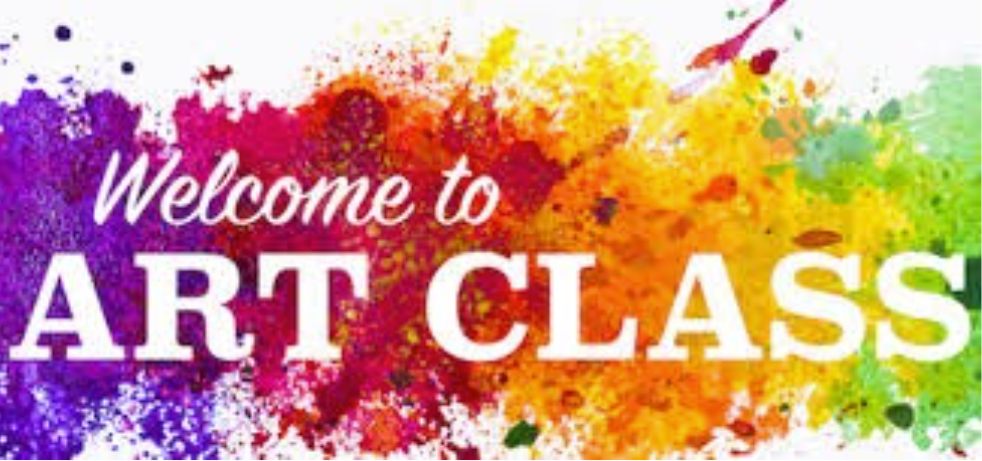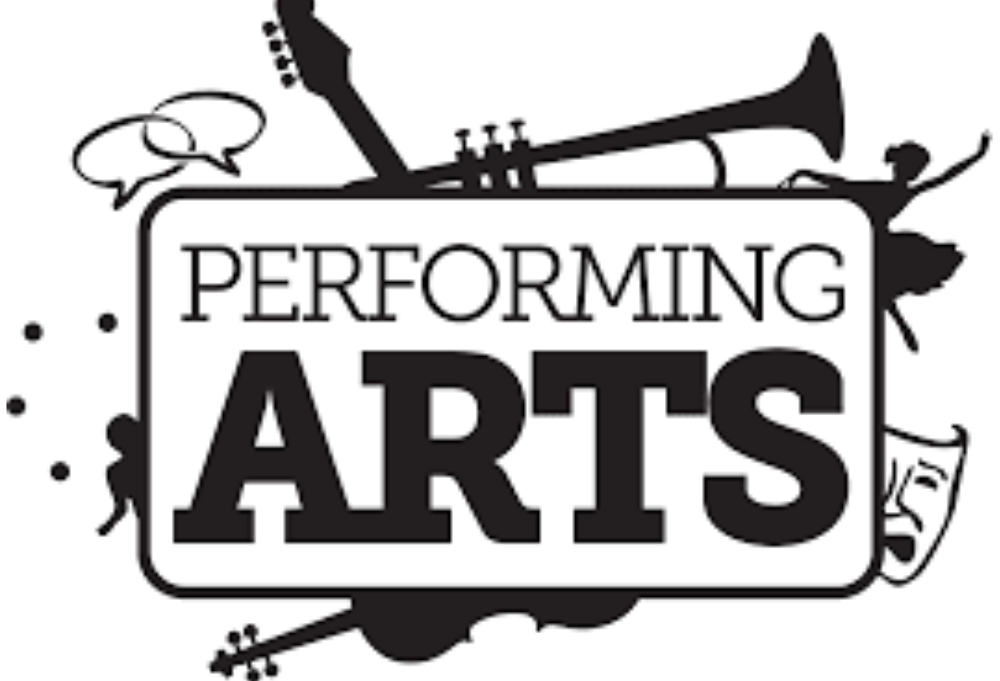Elementary Exploratories

Spanish
The Spanish program is heavily influenced by Blaine Ray's TPRS (Total Physical Response) and conjuegemos curriculum, however, class materials are drawn from a wide variety of sources. We use an interactive, creative approach that focuses on the four skills of target language acquisition (reading, writing, listening, and speaking). Students are introduced to basic vocabulary and phrases and accumulate more vocabulary, grammar, as well as oral and written skills as they progress through the program. Students who already know Spanish will be challenged to perfect their grammar, formalize speech for public speaking, and work on contemporary and classic works of Spanish literature as appropriate.We also examine the cultures of various Spanish-speaking countries throughout the world as a complement to our social studies program.

Art
Learning to create and appreciate visual aesthetics is more important than ever to the development of the next generation of children as they grow up. A report by Americans for the Arts states that young people who participate regularly in the arts are four times more likely to be recognized for academic achievement. When children are encouraged to express themselves and take risks in creating art, they develop a sense of innovation that will be important in their adult lives. Students study line, color/value, texture, form/shape and space through a variety of age appropriate art activities and mediums. By learning to communicate in a visual way by breaking down an object into simple shapes and lines, students are encouraged to continue to draw and realize that everyone can be creative in a visual way. Making critical decisions and accepting ownership of their creations helps build self esteem and self-confidence. Emphasis is given to artists and artwork from different themes of study, for an in depth exploration of culture and history. Many classes take place in the outdoor spaces of our campus.

Performing Arts/Music
Involvement in artistic and cultural activities, “enriches our experiences, expands our sensibilities, and enhances our understanding” according to Vassar’s Institute for Innovation in Social Policy (IISP). The benefits of performing arts/music education also include higher test scores in math and language, improved memory and comprehension, a better understanding of complex math concepts. Exposure to the performing arts shows a boost in creativity, coordination, teamwork, and attentiveness. Music is FUN and it makes learning fun. And most of the time, students don't even realize they are, in fact, learning. The arts are correlated with increased school participation and attendance as well as increased self-esteem and motivation.
Performing Arts/Music focuses on the above benefits as well as learning to read music, practicing rhythms and improving vocal skills. Students will write songs, put poetry to music, dance, even dabble in some improv acting, do a few experiments about the science of sound, make our own instruments, and more. Through this writing, exercising, public speaking, experimenting, creating and building the students are practicing skills they will use in everyday life.

Physical Education
Regular physical activity can help children and adolescents improve cardiorespiratory fitness, build strong bones and muscles, control weight, reduce symptoms of anxiety and depression, and reduce the risk of developing health conditions. Students who are physically active tend to have better grades, school attendance, cognitive performance, and classroom behaviors. Higher physical activity is associated with improved cognitive performance (e.g., concentration, memory) among students. Our younger students have fun while developing gross motor skills as well as improving their turn-taking skills, and following directions. As the students enter the older grades an emphasis is on teamwork and understanding and improving their fitness levels.
Health Education
The Delaware Department of Education (DDOE) supports educating the whole child and advocates for every Delaware student to build positive mental, emotional and physical health skills. DDOE considers health education any combination of learning experiences designed to help students improve their overall health and wellness, such as learning how to:
-
Avoid or reduce health risks
-
Understand the importance of decision-making skills
-
Apply goal-setting skills to their lives
-
Advocate for themselves, their families and, communities

Environmental Science
Environmental Science is an interdisciplinary academic field that integrates physical, biological, and information sciences to the study of the environment, and the solution of environmental problems. Environmental studies incorporate more of the social sciences for understanding human relationships, perceptions, and policies towards the environment. Children are naturally curious. Using our 43-acre campus (trails, ponds, fields, gardens, forest, etc.) students are introduced to the natural world to
Make observations! Record and share what they notice! & Ask questions!
